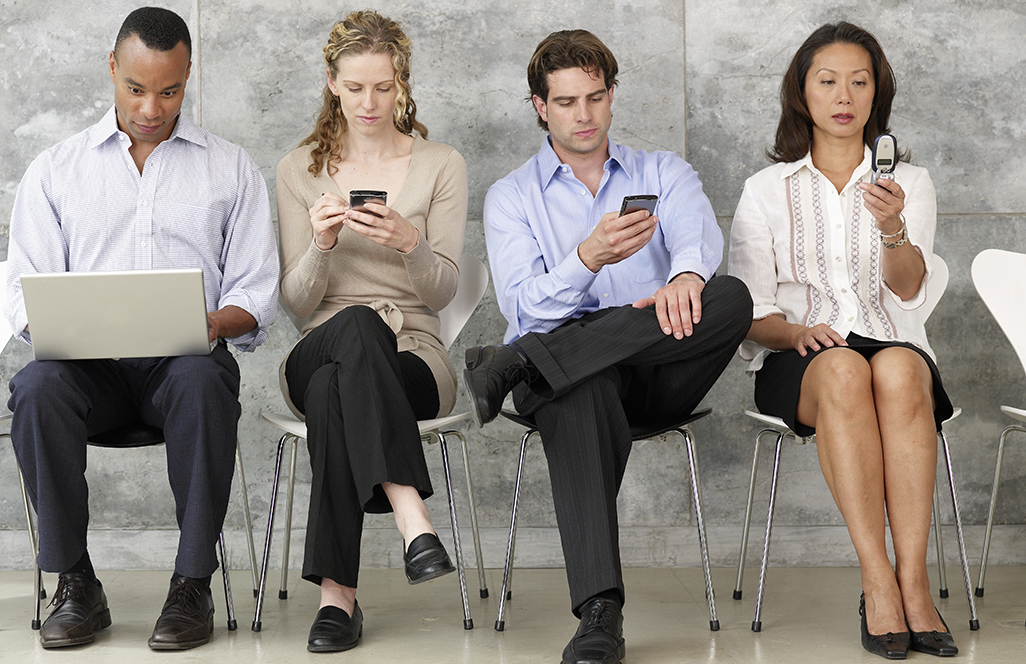
Digital Detox: Why You Should Unplug This Weekend
As the ability to stay connected 24/7 becomes a more complete reality, the only way to get a break from digital communication is to force ourselves to take one. I love my smartphone and need it for my job (I’m a Social Media Specialist) but I’m going to share why I believe digital detoxes are crucial for productive and creative work.
When we stay too connected for too long, we can become caught in a feedback loop of constantly creating, receiving, and replying to messages. That feels like work, but often it distracts us from what should actually have our attention. There’s a classic time management exercise that notes that all work tasks vary along two dimensions: urgency and importance. Tasks are either: not urgent and not important, urgent but not important, urgent and not important, or important but not urgent. It is critical to carve out time for tasks that are important but not urgent, such as goal setting, strategic planning, and continuous improvement reflection. Texts, e-mails, tweets, and Facebook tend to pull us into the urgent but unimportant role of responding to someone else’s content. Of course, some of that digital communication is urgent and important, which is why it’s worth having, but we can’t let it take over. Technology should be working for us, not the other way around.
Digital detoxing doesn’t just give us the time for important work, it also provides the mental space for creativity. Every time our phone lights up with a new message we received a jolt of dopamine, a neurotransmitter associated with rewards. We can become addicted to this stimulation. That’s why it’s so hard to ignore the buzz of an incoming text or the ding of a facebook notification. This is a problem because,
While many people say multitasking makes them more productive, research shows otherwise. Heavy multitaskers actually have more trouble focusing and shutting out irrelevant information, scientists say, and they experience more stress. (New York Times)
When we want to think about the big picture, come up with a new idea, or solve a challenging problem, we need to be able to focus. Baratunde Thurston, a writer for FastCompany, experienced this when he took a 25-day digital sabbatical. Thurston found that he was coming up with work solutions once he was freed from the urge to constantly update social media or check his phone:
Above all, there was an expansion of sensations and ideas. A writing project that had stumped me before the break suddenly appeared to have endless possibilities. The seed of an idea planted in November started to bloom…(FastCompany)
Paradoxically, taking a true break from work and allowing our thoughts to wander is one of the most important things we can do to stay sharp and inventive.
So take digital breaks and don’t feel bad about it! It’s good for you and your work. I created a few sacred spaces where I never check my e-mail or phone. For me, it’s a daily break at dinner and an annual vacation, but I’m also trying to take Sundays off. I’m learning firsthand how hard it is to disconnect for an entire day. In fact, I haven’t been able to accomplish it for weeks.
Do you have any advice for how to sign off? Please share it in the comments!